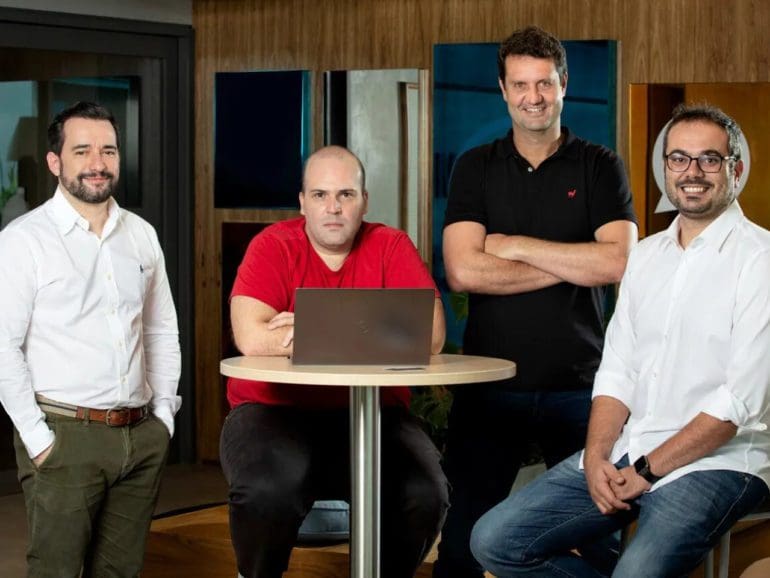Celcoin recently announced the launch of a Banking as a Service (BaaS) API to expand its range of solutions to become a complete player for companies looking to include layers of finance in their systems.
Celcoin describes itself as a fintech that provides financial and banking infrastructure and services.
According to the company, the new system gives partner companies in various industries autonomy to create their own fintechs or closed ecosystems.
Celcoin partners will be able to use an account structure tied to a banking license linking the APIs built by the fintech. Previously, many customers needed to turn to other solutions or develop their account management layer in-house.
Open BaaS
“We built an ‘open BaaS,’ a set of open APIs, that supports PIX and open finance operations, with native connectivity to different services and payment methods, and the flexibility to allow our customers to build and embed financial operations,” said Thiago Zaninotti, CTO of Celcoin, in a statement.

According to the executive, Celcoin wants to make its BaaS service a one-stop shop for these solutions to meet the growing demand in the Brazilian market.
Celcoin’s BaaS is native to “Open Finance” — which has been taking hold in Brazil in the last year with the help of the Central Bank —already with Pix and Open Banking functionality integrated. And according to the company, the implementation of its system dramatically reduces integration time and gives customers complete freedom to opt for their preferred services and use cases.
Tackling industry problems
For several market players, the fintech’s new product can tackle two industry problems: the high costs per active account, which hampers the performance of startups and mid-sized companies, and the lack of access to financial revenues with the sharing of balance float revenue from their end customers.
Founded in 2016, Celcoin began operations with the goal of promoting financial inclusion through open technologies. Over the past few years, the fintech has dedicated itself to making hundreds of integrations of its system with utilities, telephone operators, ATM networks, and Central Bank systems in Brazil.
Related:
A little over a year after its launch, Celcoin decided to open its infrastructure and release access to all these integrations through public APIs.
Through this strategy, the company could partner with many fintechs, neobanks, prepaid card providers, and private labels to offer services previously only possible within large Brazilian financial institutions, such as bill payments, taxes, recharges, withdrawals, and transfers.
Portfolio expansion
Celcoin currently partners with about 250 fintechs with its financial services and has long been announcing its interest in expanding its product portfolio by acquiring other companies in the local financial ecosystem.
In April this year, the fintech raised R$ 85 million from Innova Capital, which has already invested in companies like Movile, ClearSale, and Bom Pra Crédito.
The round took place 8 months after Celcoin raised R$55 million, bringing Sinqia — via Torq Ventures, the company’s CVC — into the cap table.
In addition, in January 2022, Celcoin bought Galax Pay, which has recurring billing and sub-acquirer solutions. A month later, it acquired Flow Finance to advance in the M&As market.
On the list of investors, the fintech also has the manager Vox Capital and boostLAB from the Brazilian bank BTG Pactual.


